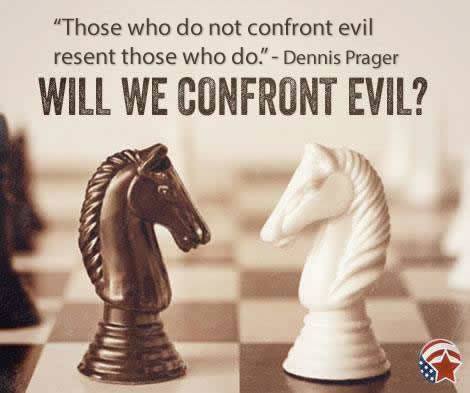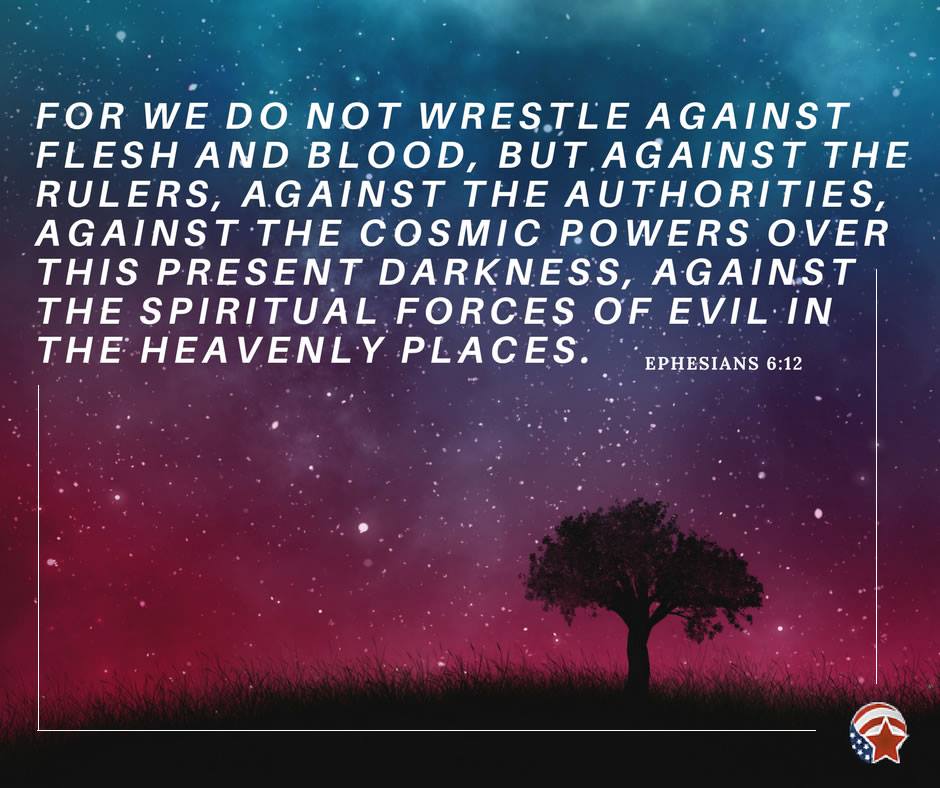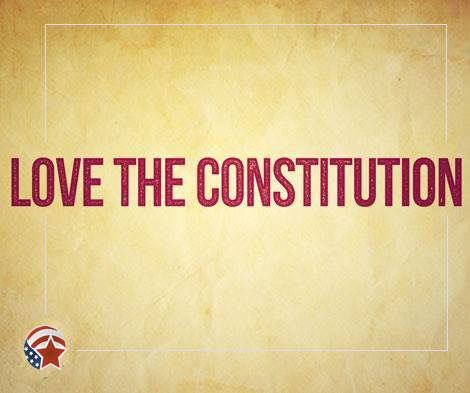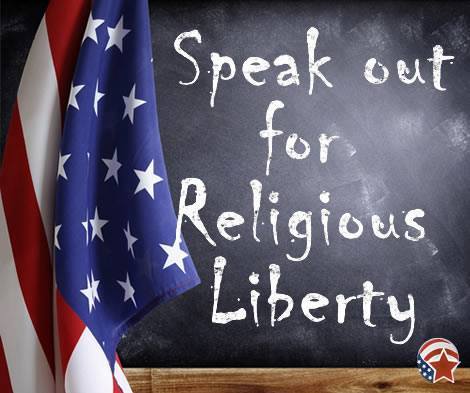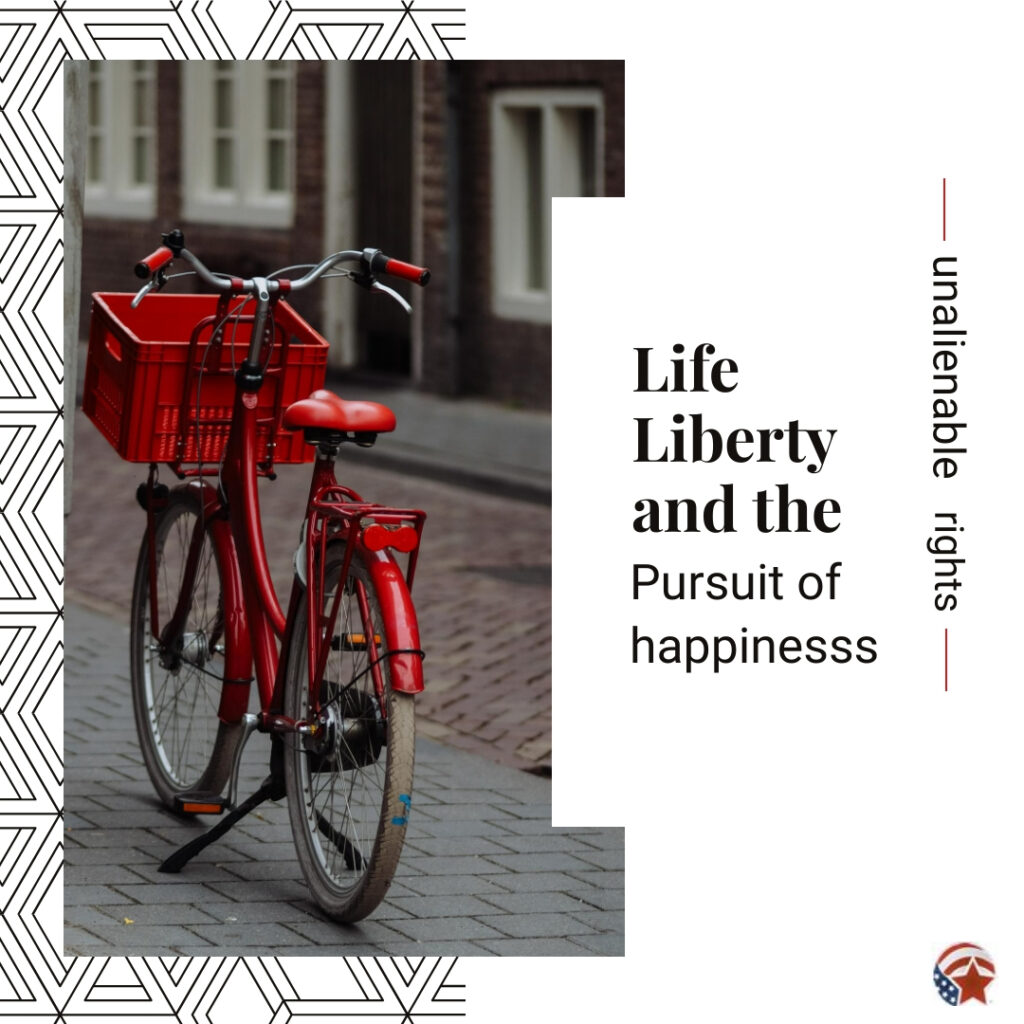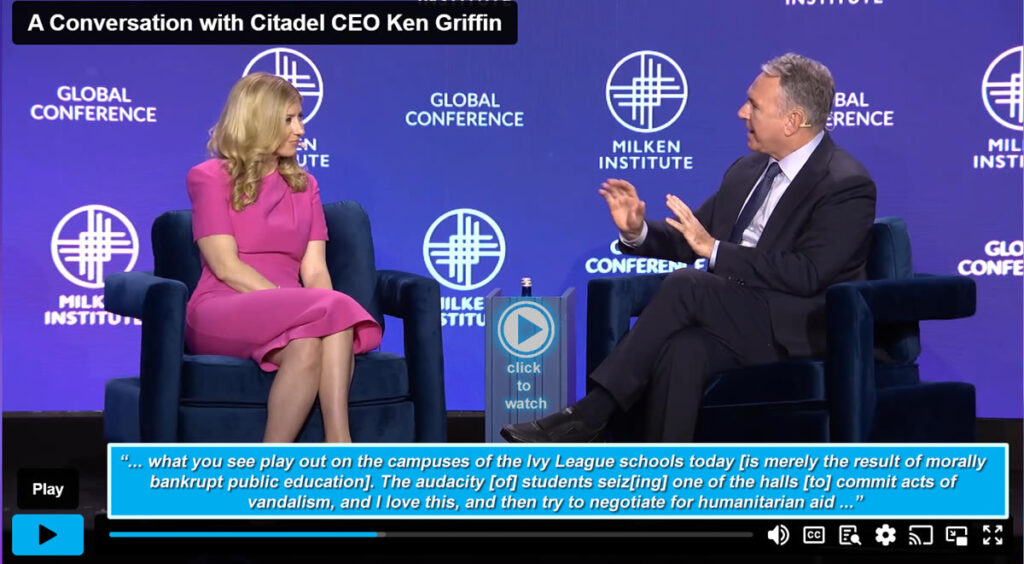
Ken Griffin [born 1968] is the Founder and CEO of Citadel, one of the world’s leading alternative investment firms. The multi-billionaire hedge fund manager has donated $2 billion toward advancing education opportunities in America, including $500 million to his alma mater, Harvard University.
In January this year, however, he announced that he would no longer support Harvard because of the institution’s spineless response to the pro-Hamas student encampments that have also roiled college campuses nationwide. Griffin’s frustration is that America’s elite students are “caught up in a rhetoric of oppressor and oppresses” and have become “whiny snowflakes.”1,2
Merely witless duplicates of a secularized ‘education’ system, such students have been embedded with feral attributes, brutal sentiments, and an unwarranted sense of entitlement.
Rather than the false claim of genocide, what’s really happening in Gaza is an Israeli-Hamas war initiated by Hamas commandoes who raped, tortured, and slaughtered 1,200 Israeli civilians on October 7, 2023. And then kidnapped an additional 250 men, women, elderly, and babies who remain imprisoned – those who are still alive – underground, evidently somewhere in Gaza.
Douglas Murray defends Israel most effectively. www.instagram.com/reel/C6oNXz1sC8l/?igsh=MXdvM2l2Y2dmczVvZw%3D%3D

As to Ken Griffin, he was recently interviewed by MSNBC’s Sara Eisen at Milken Institute’s 27th annual Global Conference.
milkeninstitute.org/panel/15329/conversation-citadel-ceo-ken-griffin
At the 22:00 minute mark, Eisen asks, “I think we do have to talk about education in America. Can we talk about this moment we’re on college campuses? You’ve been a huge backer, one of the biggest ever at Harvard … and it’s a disaster. What’s happening there? How do you feel about all this?”
Griffin responds by referring to a “failed education system … what you see play out on the campuses of the Ivy League schools today [is merely the result of morally bankrupt public education]. The audacity [of] students seiz[ing] one of the halls [to] commit acts of vandalism, and I love this, and then try to negotiate for humanitarian aid …
“Until Harvard recommits itself to meritocracy* in a very public and profound way … this should not be complicated.
“Harvard has a moment to say, ‘We are going to recommit to educating the next generation of leaders who will serve the interests of the American people,’ whether it’s in government, whether it’s in business, whether it’s the philanthropic ground … we’re here to educate the next generation of leaders in America.
“And we’re going to root people in an education and cultural experience that exemplifies the best of Western values. I do not understand where the shame has come from in the history of our country, [for] no country has done for humanity what America has done – this doesn’t mean that every chapter of history is our finest moment. Still, no country in the world has done as much as this country has done.
“To elevate the concepts and the reality of freedom, we need to be proud of that history; we need to teach that history; we were the country that saved the world and World War II. We save the world, and that’s like lost on these students; they are brought up in this strange world that America is not intrinsically a force for good.”
*Meritocracy – a system, organization, or society in which people are chosen and moved into positions of success, power, and influence based on their demonstrated abilities and merit.
Griffin’s phrase “root people in an education and cultural experience that exemplifies the best of Western values” needs to be fleshed out in more historical terms. Decadent secularized American education over the last 75 years tore down and supplanted the authoritative Biblically based education system that America’s Founders established.
Throughout the 17th to 19th centuries this system had been the envy of the world, having inspired American Exceptionalism, a term coined by French writer Alexis de Tocqueville [1805-1859] in his 1835/1840 masterwork Democracy in America. He noted, “Upon my arrival in the United States, the religious aspect of the country was the first thing that struck my attention.”
Through public education, early American youth had submitted themselves to God’s Word and thereby accumulated the personal, spiritual, and moral knowledge found only in Scripture, embedding them with social virtues, the underpinnings of freedom and liberty.
Wisdom, as Proverbs 8:12 and Proverbs 8:15 inform us, dwells with prudence and attains knowledge and discretion, which allows kings to reign and rulers to decree justice.
Eager disciples committed to the “righteousness that exalts a nation” [Proverbs 14:34] submit to His Ways and are elevated to “high station, societal status, and cultural authority” promised by Jehovah God in Scripture.3
Harold J. Berman’s [1918-2007] Law and Revolution II: The Impact of the Protestant Reformations on the Western Legal Tradition cites two successive legal and educational world transformations:
1. The German Reformation, in which Martin Luther [1483-1546] translated the New Testament from Greek to German in 1522. The Old Testament ‘Tanakh’ from Hebrew to German in 1534 ignited the Protestant Reformation.
The Ten Commandments – America’s mainspring instituted by the Founders – “followed [Philip] Melanchthon [1497-1560] in founding criminal law on the commandment ‘Thou shalt not kill,’ property law on the commandment ‘Thou shalt not steal,’ family law on the commandment ‘Thou shalt not commit adultery,’ the law of contract and delict on the commandments ‘Thou shalt not bear false witness’ and ‘Thou shalt not covet.’”4
2. The 17th-century English Reformation was driven by John Calvin and his followers, with its strong theological emphasis on the sovereignty of God and the depravity of humankind as it spread from France to Holland, Scotland, England, and finally arriving at the Eastern Shore of America in 1620.
The Protestant Reformation made the Bible, not reason, the basic source of natural law. Tragically, the U.S. Supreme Court stripped the Bible from public schools in 1963, thereby establishing secularism as the official religion of America and shackling the nation with an alternative mundane religion and belief system.
Secularism and Christianity are distinct, unassociated religions. Secularism postulates the fundamental goodness of human nature, whereas historic Christianity sets forth the doctrine of original sin. Human reasoning is flawed by the inborn tendency to sin; thus, the Founders established a government entrusted with limited powers, separate powers within a constitutional framework, and checks and balances with powers determined by the people through their elected representatives.
Christianity, rather than secularism or ‘religious neutrality’, produced freedom of expression and liberty in America. It transformed traditional Western moral and legal philosophy by making the Bible, not reason, and more particularly the Ten Commandments the basic source and summary of Natural Law.5 This was elementary until the last century.
Thankfully, spiritual men and women, Gideons and Rahabs, have begun entering America’s public square. American Christendom’s finest hour may soon be upon us.
David Lane
American Renewal Project
1. www.forbes.com/sites/mollybohannon/2024/01/30/billionaire-ken-griffin-becomes-latest-to-stop-donations-to-harvard-calls-students-whiny-snowflakes/?sh=3722e5d652b9
2. www.usatoday.com/story/news/nation/2024/02/01/billionaire-harvard-donor-ken-griffin-snowflakes/72440819007/
3. Proverbs 4:8-9 in Bruce K. Waltke, Proverbs.
4. Harold J. Berman. 5. M. Stanton Evans, The Theme is Freedom: Religion, Politics, and the American Tradition
5. M. Stanton Evans, The Theme is Freedom: Religion, Politics, and the American Tradition; 1994.


